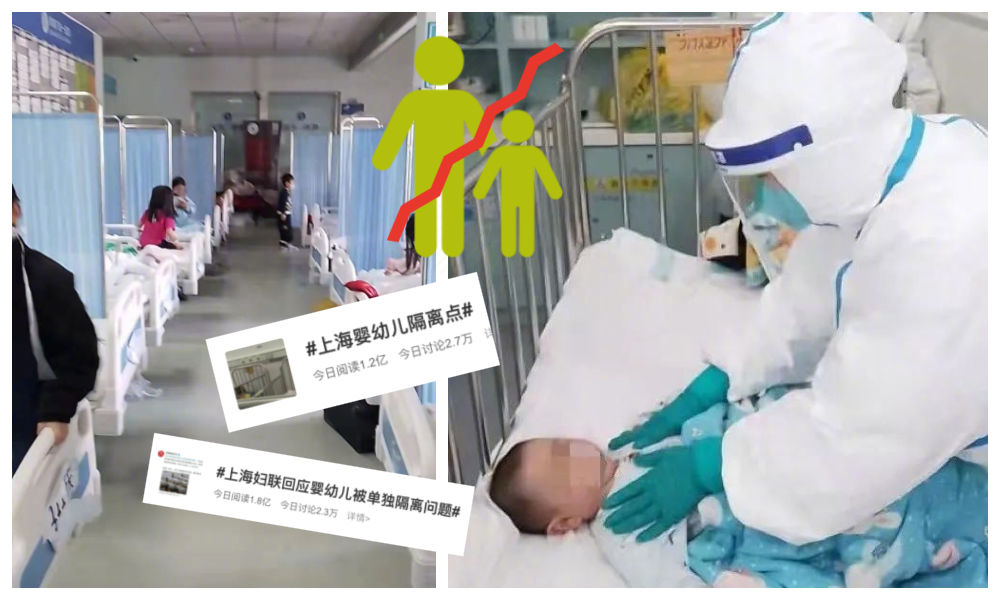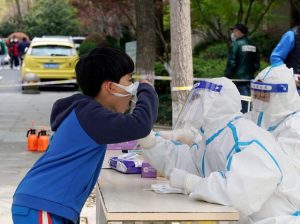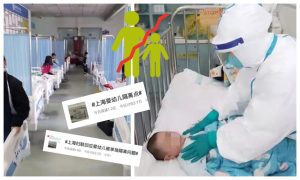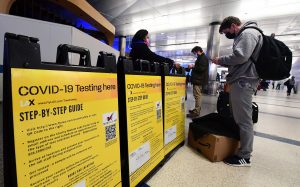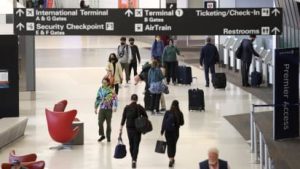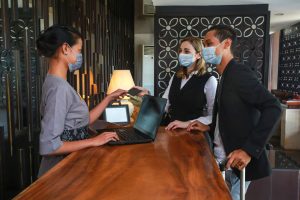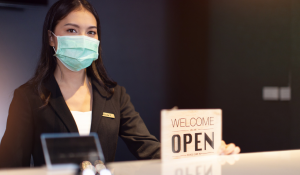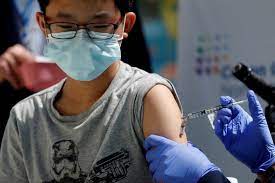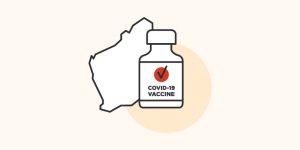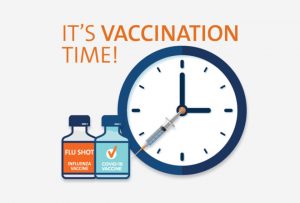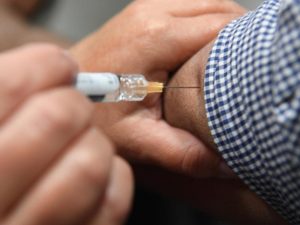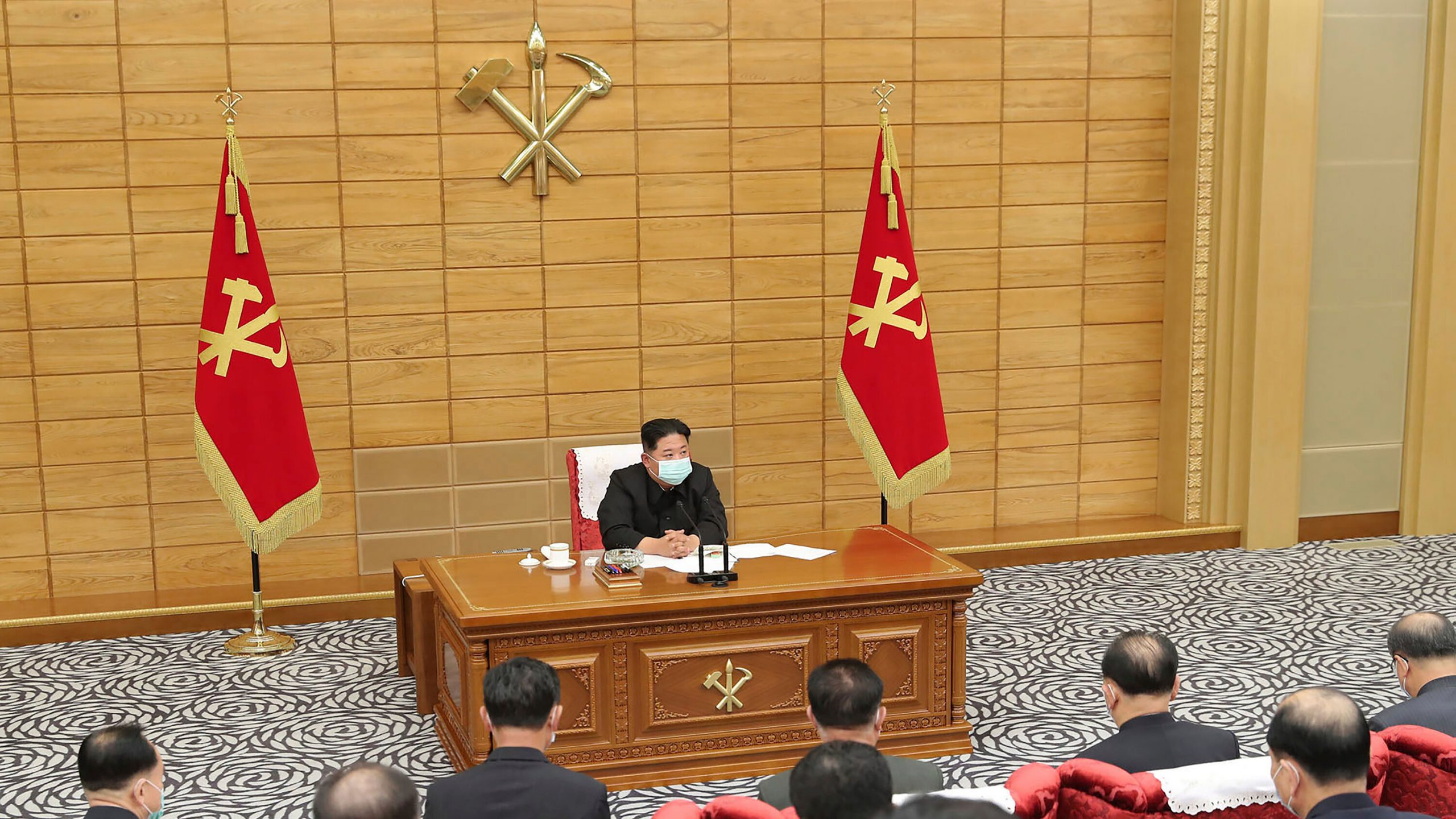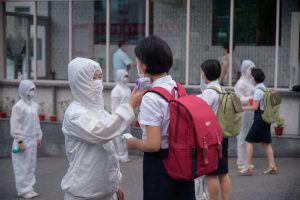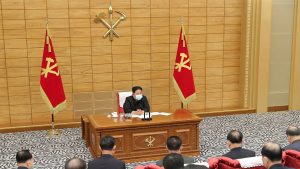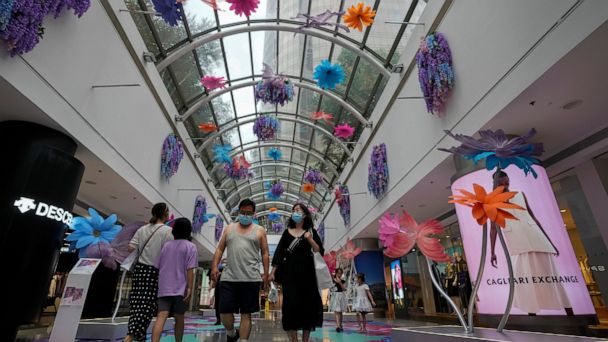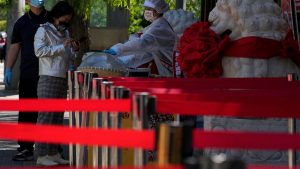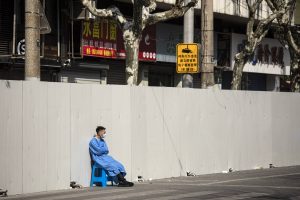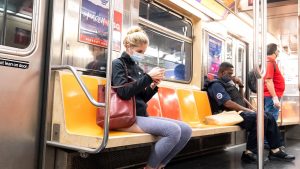
(Worldwide) Transport authorities in flux
A federal judge in Florida has struck down Joe Biden’s national mask mandate covering airplanes, airports and other public transportation, prompting the White House to announce the rule would not be enforced while federal agencies decide how to respond to the judge’s order.
The ruling appeared to free operators to make their own decisions about mask requirements, with several airlines announcing they would drop mandates, but other transport networks including the New York City subway planning to keep them in place.
The White House later said the court ruling meant that, for now, the mask order “is not in effect” and would not be enforced by the Transportation Security Administration (TSA).
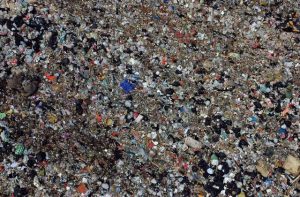
(Worldwide) HK zero-COVID policy create mountains of plastic waste
Hong Kong arrivals meet plastic everywhere in quarantine hotels: Remote controls are wrapped in cellophane, pillows are encased in plastic bags, food comes with plastic cutlery.
Hong Kong’s strict quarantine policies – intended to halt COVID-19 at the border and in the community – have been criticised for damaging the economy and mental health. Environmentalists say the policies are also hurting the environment by generating excess waste.
Hong Kong disposes of over 2,300 tonnes of plastic waste a day, and with a recycling rate of just 11%, according to government figures, most of it goes into landfills. A government spokesperson said officials were aware of a surge in disposable waste since COVID began, urging people to adopt a green lifestyle as far as possible.
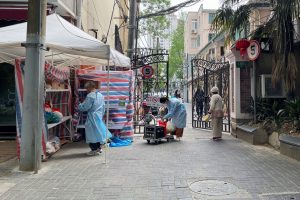
(Worldwide) More Chinese cities are now tightening restrictions
Shanghai reported a record number of symptomatic COVID-19 cases on Saturday and other areas across China tightened controls as the country kept up its “dynamic clearance” approach that aims to stamp out the highly transmissible Omicron variant.
The Zhengzhou Airport Economic Zone, a central Chinese manufacturing area that includes Apple supplier Foxconn, announced a 14-day lockdown on Friday “to be adjusted according to the epidemic situation”. In northwestern China, the city of Xian on Friday urged residents to avoid unnecessary trips outside their residential compounds and encouraged companies to have employees work from home or live at their workplace, following dozens of COVID-19 infections this month.
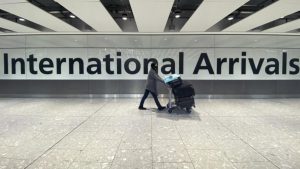
(AUS) Testing for international arrivals scrapped
Australia has today dismantled a major barrier to international tourists visiting down under. More than two years after the coronavirus pandemic began, overseas travellers no longer need to provide a negative pre-departure COVID-19 test before flying.
This means travellers can avoid RATs and expensive PCR tests which had to be taken within 72 hours of boarding a flight, with a dreaded positive result causing untold chaos to a passenger’s itinerary. International travellers must still provide proof of double vaccination and masks remain mandated on international flights.
Unvaccinated travellers may be required to quarantine on arrival in Australia at their own expense, while some countries and airlines require outbound passengers from Australia to take a pre-departure test before they can travel.
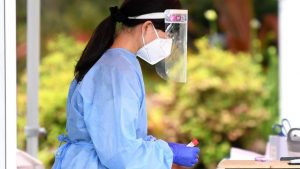
(AUS) First case of XE detected in Australia
New South Wales has detected a case of the XE COVID-19 variant, Australia’s first known case, while Victoria has also identified a new sub-variant locally for the first time.
NSW Health authorities reported that the case of XE was detected in a recently returned overseas traveller last week. It was confirmed in the weekly COVID-19 surveillance report NSW Health releases. “This is the first XE sequence to be identified in NSW and was identified in a recently returned traveller,” NSW Health said in the report.
There is little data yet on the transmissibility or severity of the new sub-variant. Victorian health authorities have also confirmed the detection of a new Omicron sub-variant in wastewater. The sub-variant, which is believed to be either BA.4 or BA.5, has been confirmed from samples taken from the Tullamarine catchment.

(AUS) Extra 10,000 vouchers for seniors
Victorian seniors will share in an extra 10,000 travel vouchers, in another boost for the state’s COVID-hit tourism sector.
The Victorian government on Monday announced eligible seniors who missed out on one of the initial 10,000 vouchers will get a second chance at a discounted holiday.
Under the scheme, voucher holders can claim a $200 rebate when spending $400 or more on accommodation, tours, experiences and attractions across the state from April 8 to May 27.
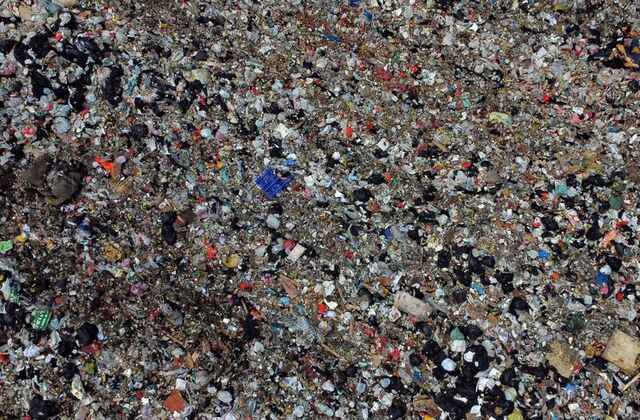

 COVID-19 Around the World3 years ago
COVID-19 Around the World3 years ago
 Cuisine Explorer4 years ago
Cuisine Explorer4 years ago
 Arabic2 years ago
Arabic2 years ago
 Cantonese - Traditional Chinese4 years ago
Cantonese - Traditional Chinese4 years ago
 Tagalog4 years ago
Tagalog4 years ago
 Uncategorized4 years ago
Uncategorized4 years ago
 Uncategorized4 years ago
Uncategorized4 years ago







